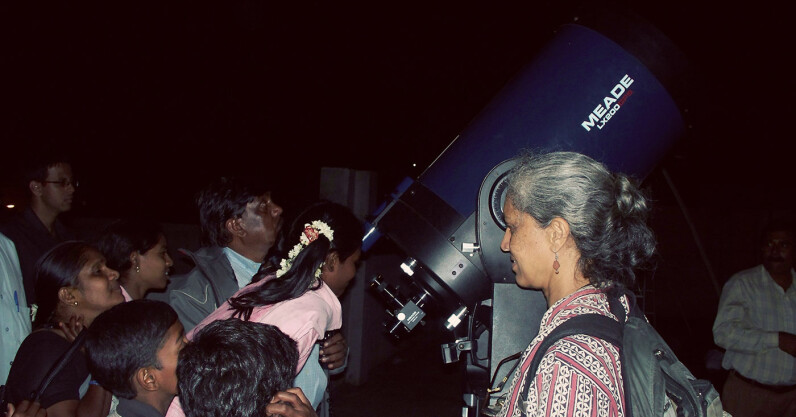
All around the world, there is an extreme gender imbalance in physics, in both academia and industry. Examples are all too easy to find. In Burkina Faso’s largest university, the University of Ouagadougou, 99% of physics students are men. In Germany, women comprise only 24% of physics PhD graduates — creeping up from 21% in 2017. No women graduated in physical sciences at the University of El Salvador between 2017 and 2020. Australia fares little better. Australian National University Professor Lisa Kewley forecasts that on current settings, it will take 60 years for women to comprise just a third of…
This story continues at The Next Web
from The Next Web https://ift.tt/3ifYf12

